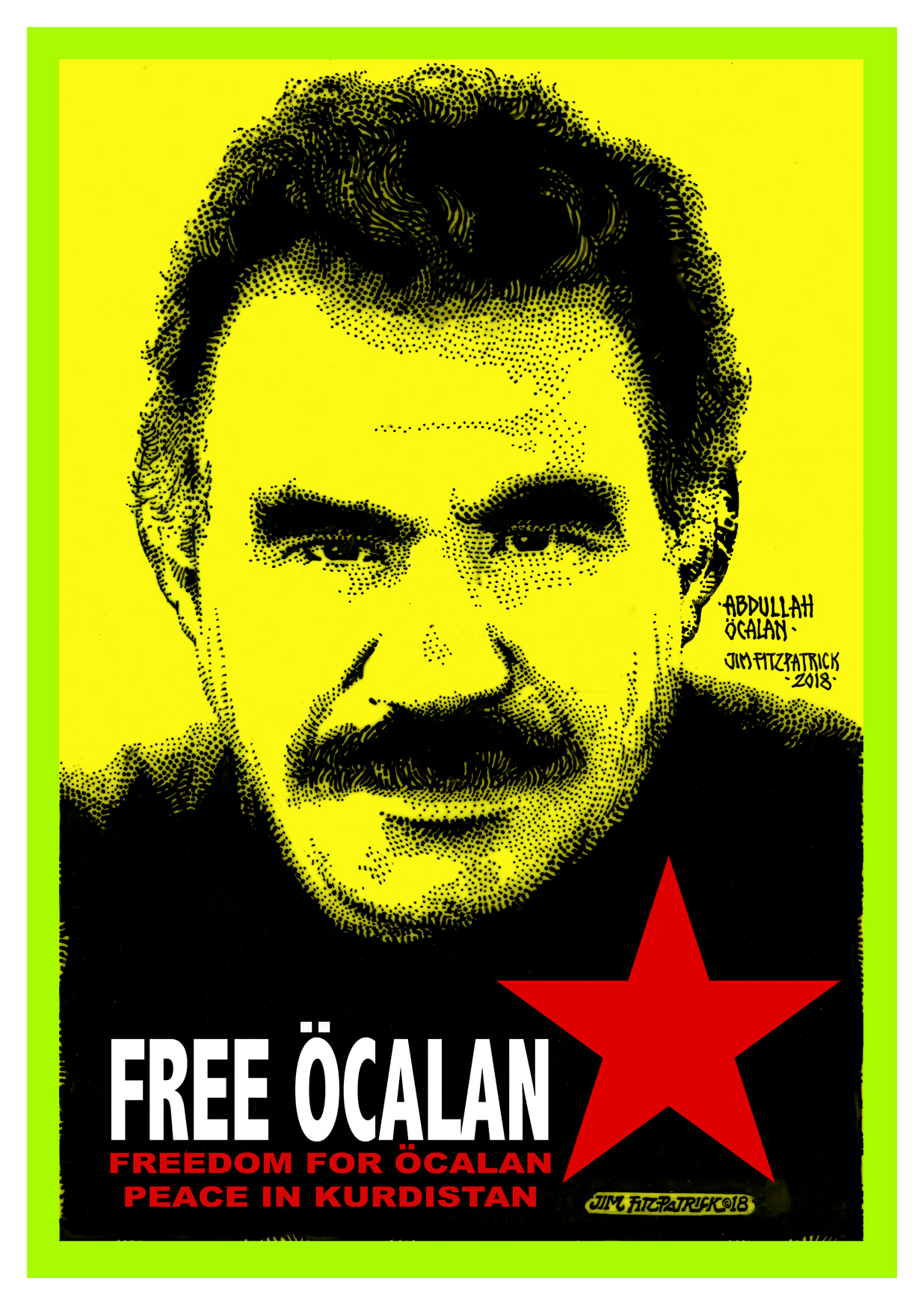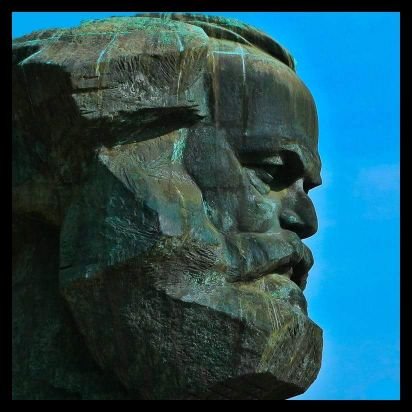«The Fallacies of ‘New Dialectics’ and Value-Form Theory»: Guglielmo Carchedi
 Abstract
Abstract
Chris Arthur’s approach aims at a systematic re-ordering of Marx’s categories. Th is article argues that his approach is actually a different ordering of different categories that are positioned within a specifi c theoretical whole, a Hegelian re-interpretation of Marx and especially of abstract labour, which distances itself from Marx. While the debate has focused mainly on the philosophical aspects of Arthur’s work, its economic features have not been the object of a systematic analysis. Yet, a full assessment of the ‘New Dialectics’ should include explicitly a systematic internal critique of its economic dimensions. The aim of this article is to assess the internal consistency of the economic ramifications of the ‘New Dialectics’. Th e focus is on the notions of abstract labour, concrete labour, and exploitation. Arthur’s faithfulness to Marx, or correspondence to Marx’s quotations, is not the criterion used to assess the ‘New Dialectics’. Rather, the criterion is whether it (a) discovers logical inconsistencies in Capital and (b) is itself free from inconsistencies. The answer is negative in both cases.
Keywords: abstract labour, value-form theory, dialectics
1. Introduction
Chris Arthur’s The New Dialectics and Marx’s ‘Capital’, has been at the centre of a lively controversy, most recently in Historical Materialism. Th e debate has focused mainly on the philosophical aspects of Arthur’s work. Yet, a full assessment of his ‘new dialectics’ should include explicitly a systematic internal critique of its economic dimensions. The aim of this article is then to assess the internal consistency of the economic ramifi cations of the new dialectics. In the Introduction, the author states:
«The new interest in Hegel is largely unconcerned with recovering the grand narrative of Hegel’s philosophy of history and relating it to historical materialism: rather it is focused on Hegel’s Logic and how this fi ts the method of Marx’s Capital. The point is usually put by saying the eff ort is to construct a systematic dialectic in order to articulate the relations of a given social order, namely capitalism, as opposed to an historical dialectics studying the rise and fall of social systems«.
The theoretical justification is found in a ‘striking homology between the structure of Hegel’s Logic and Marx’s Capital ’.3 Arthur stresses, rightly in my opinion, that Marx left the outcome of his dialectical method ‘in the shape of Capital ’.4 But Marx stressed in Capital that he had distanced himself from Hegel’s dialectics. Thus, it would have seemed reasonable to extract Marx’s method from Capital (and other writings) rather than ‘appropriating Hegel’s logic’.5 Th e proof of the validity of the outcome would have been both its logical consistency with Marx’s results and its fruitfulness for the further development of those results. But this is not the road taken by Arthur.
For the author, his ‘research programme demonstrates its fruitfulness only in its success in exhibiting the systematic ordering of categories’.6 Th is sounds as if it were just a matter of a diff erent ordering of the same (of Marx’s) concepts. But Arthur’s work is a diff erent ordering of diff erent economic concepts which are positioned within a specifi c theoretical whole, his value-form theory. The link between new dialectics and value-form theory is the Hegelian reinterpretation of Marx’s concept of abstract labour. Arthur quotes Hegel to the eff ect that the Spirit ‘is not an essence that is already fi nished and complete before its manifestation, keeping itself aloof behind its host of appearances, but an essence which is truly actual only through the specifi c forms of its necessary self-manifestation’.7 And, Arthur adds, ‘I would say the same of value’.8 Just as Spirit actualises itself only through its forms of manifestation, value comes to be only through exchange and money rather than existing as abstract labour, as in Marx, already in production, before exchange. Value, then, becomes an empty form. For Marx, too, value is a (social) form but it is not empty, it is the form of its substance, abstract labour. As Kincaid remarks ‘Th e category of “pure empty form” has no eff ective presence in Capital ’.9
The author, then, distances explicitly himself from Marx. In his reply to critics, Arthur states ‘Now I understand . . . that it only causes confusion to cite passages from Marx. In the future, I will present my own views in my own way’.10 Thus, Arthur’s fidelity to Marx or correspondence to Marx’s quotations will not be the criterion used to assess the validity of new dialectics or its internal consistency. Rather, the criterion will be whether the new dialectic (a) discovers logical inconsistencies in Capital and (b) is itself free from these inconsistencies. The focus will be on the notions of abstract labour, concrete labour, and exploitation.
My assessment and critique of Arthur (and, briefl y, in sub-section 2.3 below, of other value-form authors) entails a short reference to the notion of dialectics which will guide the rest of this article. Marx makes extensive use of three principles that are the co-ordinates of his method of social research. All phenomena are always (1) both realised and potential, (2) both determinant
and determined, and (3) subject to constant movement and change. It follows that social reality, seen from the perspective of dialectics, is a temporal fl ow of determining and determined contradictory phenomena continuously emerging from a potential state to become realised and going back to a potential state. The dialectical relation between phenomena is then their reciprocal interaction seen from this perspective. The dialectical method of social research inquires into a social phenomenon’s origin, present state and further development, i.e. into (a) the past dialectical relation with other phenomena through which it has emerged from a previous potential state to become a realised phenomenon with its own potential contradictory content, thus possibly superseding its previous realised form; (b) its present dialectical relation with other contradictory social phenomena, some of which are determined by it and some other are its determinants, some potential and some realised; and (c) its further development (change) due to the future realisation of its potentials as realised conditions of its reproduction or supersession. An example of (a) is the development in Capital, Volume I of the expanded value-form from the simple value-form and of the money value-form from the expanded valueform. The expanded and money value-forms were potentially present in the simple value-form and this is why they could be developed from the latter. The formers’ realisation was the latter’s supersession.


























